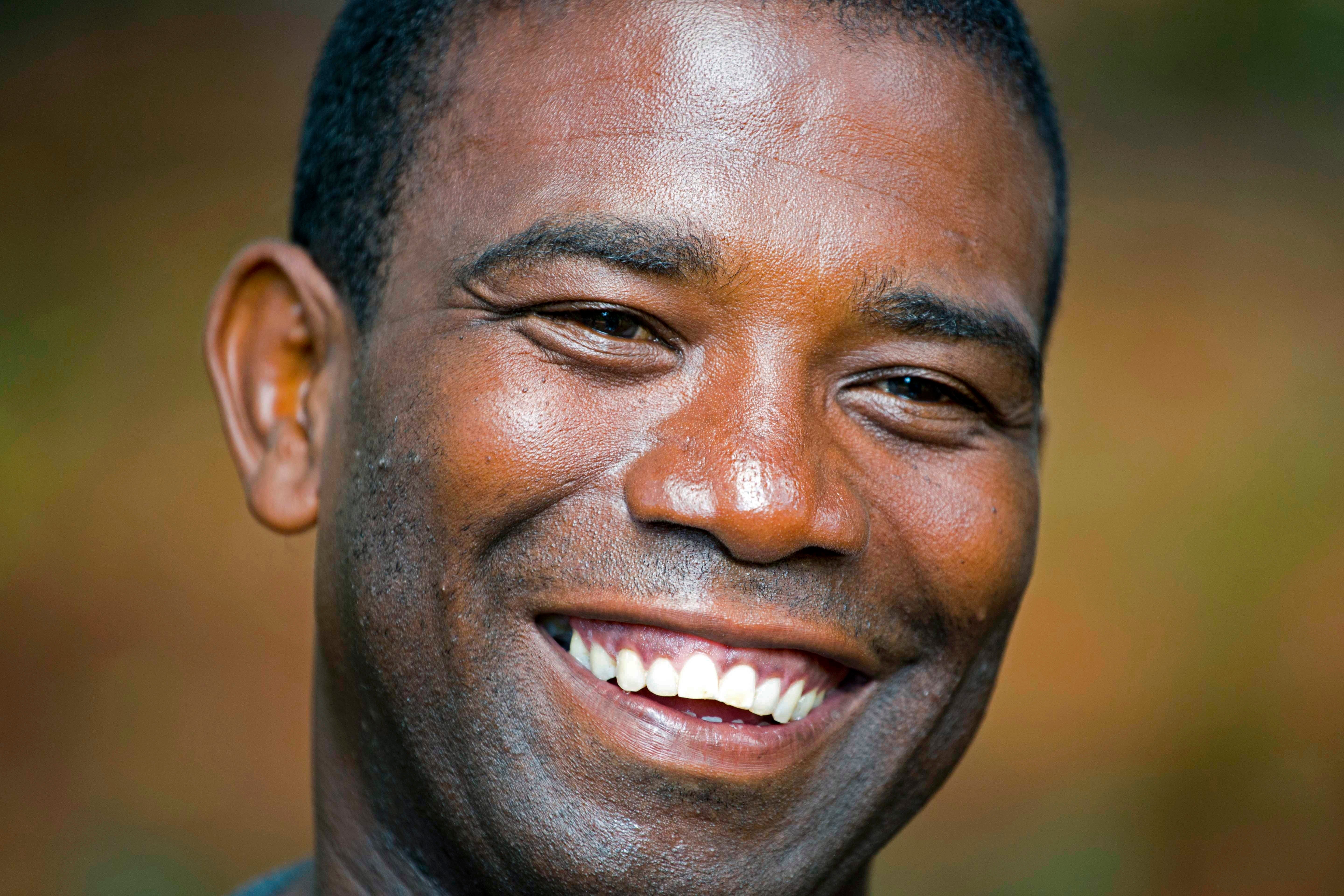Imagine, if you will, hearing the chilling phrase, "a guy gets sucked into a plane engine." It’s a truly awful thought, isn't it? But pause for a moment and consider the word at the heart of that shocking statement: "guy." It's a word we use constantly, almost without thinking, to refer to pretty much anyone. Yet, its story is far more complex and, in a way, more dramatic than you might ever guess. It has a past that’s quite a bit fiery, and a present that’s incredibly flexible, spanning from historical effigies to just about anyone you might meet on the street.
You see, this common little word, "guy," has travelled a truly long way through time, picking up all sorts of meanings as it went. From its beginnings tied to a very specific historical event, it slowly but surely broadened its reach, eventually becoming the casual, catch-all term we hear every single day. It’s almost like it went on its own grand adventure, shedding old definitions and embracing new ones, all while keeping a certain charm about it.
So, when we hear about "a guy" in a truly dire situation, like the one we just mentioned, it makes you wonder: who is this "guy"? And how did this simple word come to represent so many different people and things, sometimes even animals? It’s a fascinating linguistic tale, really, that shows just how much our language can shift and change over the years, adapting to new uses and, perhaps, new understandings of people and their roles.
- Josh Johnson Partner
- Koch Co
- Gronkowski Commercials
- Images Naked People
- Little Red Wagon Miranda Lambert
Table of Contents
- What's in a "Guy"? From Effigy to Everyday Talk
- How Did "Guy" Become Everyone?
- The Curious Case of "Guy" and Animals
- Is "Guy" Just a Slang Term?
- Who Was the Original "Guy"? A Historical Figure
- A "Guy" with Character – Beyond the Human Form
- Why Does "Guy" Feel So Flexible?
- What About the Music Group "Guy"?
What's in a "Guy"? From Effigy to Everyday Talk
You know, those early figures, kind of like human shapes, that people used to set alight on bonfires? They started calling them "guys." It's a rather stark beginning for a word that now feels so ordinary. These figures, often crafted to resemble a particular person, were very much a part of a public spectacle, and the name stuck to them, becoming their common identifier. The practice of burning these likenesses, you see, was steeped in a particular kind of public expression, giving rise to this interesting linguistic development.
And, pretty interesting, the word "guy" when you use it to mean making fun of someone, or perhaps teasing them in a way that feels a bit pointed, that actually comes from this very same tale. It’s almost like the act of burning the effigy itself carried a sense of mockery or derision, and that feeling then attached itself to the word. So, to "guy" someone meant to hold them up to public scorn, a rather harsh echo of its origins. This connection, in some respects, shows how deeply rooted some of our everyday expressions are in history, even if we don't always realize it.
From those initial, somewhat grim, beginnings, the use of the word began to stretch a little, eventually covering other similar figures. Then, it jumped even further, to describe a person who might have looked a bit unusual or dressed in a peculiar way. It’s like the word started to generalize, moving from a very specific kind of figure to anyone who seemed a little out of the ordinary. This expansion of meaning is, basically, how words often evolve, picking up new shades of significance as people find new ways to use them in their daily conversations.
- Jussie Smollett The Mighty Ducks
- Why Is Summer Fridays So Expensive
- Julia Gilbert
- Joe Carabajal State Farm
- How Old Is Wilma Flintstone
How Did "Guy" Become Everyone?
It’s quite fascinating how, over in the United States, the word "guy" really took on a whole new life. It started simply meaning "man," a straightforward substitute for the existing term. But then, it just kept on going, eventually embracing anyone, regardless of their gender. This transformation is, arguably, a reflection of a desire for a more casual and inclusive way to refer to people without getting bogged down in specifics. It just became a very convenient label, really, for any person you might be talking about, whether you knew their gender or not.
And that’s why, today, you can quite easily use "guy" to talk about a whole group of people, even if everyone in that group happens to be female. You might hear someone say, "Do you guys want to go out tonight?" and it’s completely normal, even if the group is made up entirely of women. This widespread acceptance of "guys" as a gender-neutral plural is, in a way, a testament to the word's incredible adaptability and how language just flows and changes with us. It’s a pretty common way of speaking now, and it just feels right to many people.
The Curious Case of "Guy" and Animals
It’s a bit curious, but when people use the word "guy" to talk about animals, it usually refers to a male creature, or at least one whose gender isn’t immediately known. You might hear someone say, "Look at that little guy," when pointing to a squirrel or a puppy, and you’d probably assume it’s a male, or you just wouldn’t think about its gender at all. This tendency is, perhaps, just another extension of the word's general use for a person, leaning towards the masculine default in many languages, even when applied to the animal kingdom. It just feels natural, somehow, to use it in this way for our furry friends.
However, it’s really quite rare, if it ever happens at all, to hear "guy" used to describe an animal that is definitely known to be female. You wouldn’t typically say, "That’s a cute little guy" if you knew for sure it was a female cat or dog. This subtle distinction shows that while the word has become incredibly broad, it still holds onto certain leanings, especially when it comes to gender identity, even for creatures that don't, you know, have human gender roles. It’s just how the word tends to be used in everyday conversation.
Consider the phrase, "The dog's left foreleg was broken, poor little guy." Here, the word "guy" carries a sense of affection and pity, emphasizing the animal's vulnerability and character, rather than its specific gender. It's a way of humanizing the animal, giving it a personality, and making us feel a connection to its plight. This use highlights how "guy" can convey a warmth and empathy, truly making it a versatile term for expressing care towards living beings, regardless of their species. It just feels right to call a beloved pet a "guy" when they are in need of comfort.
Is "Guy" Just a Slang Term?
Yes, in many ways, "guy" truly is considered a slang term, a casual way to refer to a person, usually a man or a boy. It's the kind of word you'd use with friends, or in relaxed settings, rather than in a formal report or a serious speech. It’s often thrown around informally and quite casually to either address someone directly or just to mention them in a friendly sort of way. This informal nature is, basically, what gives it its charm and makes it so widely used in everyday conversations, allowing for a more laid-back interaction between people.
The word "guy" has, apparently, multiple origins, which is pretty interesting when you think about it. Part of its journey involved being borrowed from French, suggesting a cross-cultural influence on its development. Then, it probably also formed right within English itself, perhaps by being clipped or shortened from some longer word or phrase. This kind of mixed heritage is, in some respects, quite common for words that become so deeply ingrained in a language, showing how different linguistic streams can come together to create something new and widely adopted. It's a bit of a linguistic melting pot, you could say.
Who Was the Original "Guy"? A Historical Figure
The very first "Guy" that gave the word its start was, of course, Guy Fawkes. He was a key figure in what’s known as the Gunpowder Plot, a rather dramatic attempt to blow up the Houses of Parliament in Britain way back in 1605. In Britain, a "guy" is still a model of a man, often made from old clothes stuffed with straw or paper, that people create to represent him. These effigies are then burned on bonfires as a big part of the celebrations for Guy Fawkes Night, which happens every November 5th. This tradition, in a way, keeps the original meaning of the word alive, even today.
Guy Fawkes's story is, basically, one of rebellion and conspiracy. He was a member of a group of English Catholics who planned to assassinate King James I and blow up the Parliament building. The plot was discovered, however, and Fawkes was arrested in the cellars of Parliament with barrels of gunpowder. His capture and the subsequent foiling of the plot are commemorated annually. This historical event is, really, the direct ancestor of the word "guy" as we know it, tying our casual modern usage back to a very specific moment in history.
| Aspect | Detail |
|---|---|
| Born | 13 April 1570 |
| Died | 31 January 1606 |
| Role in Plot | Responsible for the explosives beneath Parliament |
| Significance | Central figure in the Gunpowder Plot |
| Commemoration | Effigies burned on Guy Fawkes Night (November 5th) |
A "Guy" with Character – Beyond the Human Form
It’s pretty cool how the word "guy" can also stretch to mean anything that seems to have its own special character or personality, not just people. This could be an animal, like the "poor little guy" whose leg was broken, or even a toy. It’s like we give these objects or creatures a bit of human-like spirit, making them feel more relatable and alive. This colloquial use is, perhaps, one of the most endearing aspects of the word, allowing us to connect with things around us on a more personal level. It just adds a touch of warmth to our language, doesn't it?
When you call a toy or an inanimate object a "guy," you’re, in a way, imbuing it with a certain charm, making it feel less like a mere thing and more like something with a unique presence. This kind of linguistic play shows how flexible our vocabulary truly is, allowing us to express affection or even a sense of shared experience with non-human entities. It’s a very human tendency, really, to assign personality to the world around us, and the word "guy" serves as a perfect little tool for that. It’s just a nice way to make things feel a bit more special.
Why Does "Guy" Feel So Flexible?
The Oxford Advanced Learner’s Dictionary, for instance, gives us a really good look at the meaning, how it's pronounced, and even example sentences and grammar notes for the word "guy." This kind of detailed information helps us get a deeper understanding of its many uses and nuances. It just goes to show that even a word that feels so simple on the surface has a whole lot of complexity underneath, with different contexts shaping its exact meaning. It's quite interesting, really, to see all the ways it can be used.
Apparently, the Oxford English Dictionary, or OED, lists three meanings for the noun "guy," but two of those are actually labeled as obsolete, meaning they’re no longer in common use. This is, basically, a clear sign of how language evolves over time, with some meanings fading away as new ones emerge and become more popular. To really get a handle on these definitions, their usage, and where they came from, you can check out their "meaning & use" sections, which provide all the quotation evidence. It's a pretty thorough way to track a word's journey.
What About the Music Group "Guy"?
Interestingly, the word "Guy" also belongs to an American hip hop, R&B, and soul music group. This group was started in 1987 by Teddy Riley, Aaron Hall, and Timmy Gatling. It’s another completely different meaning for the word, showing its versatility even in the world of popular culture. After the recording of their first album, Aaron Hall’s younger brother, Damion Hall, actually took Timmy Gatling’s place in the group. This just goes to show how a single word can have so many distinct identities across different contexts, from historical figures to musical acts, proving its incredible adaptability in our language.
- Redheaded Stranger Nashville
- Forearm Tattoos With Stars
- Selena Gomez Sexy Before2012
- Raising Canes Ncaa Sponsorship
- Fuzzy Clog Slippers


